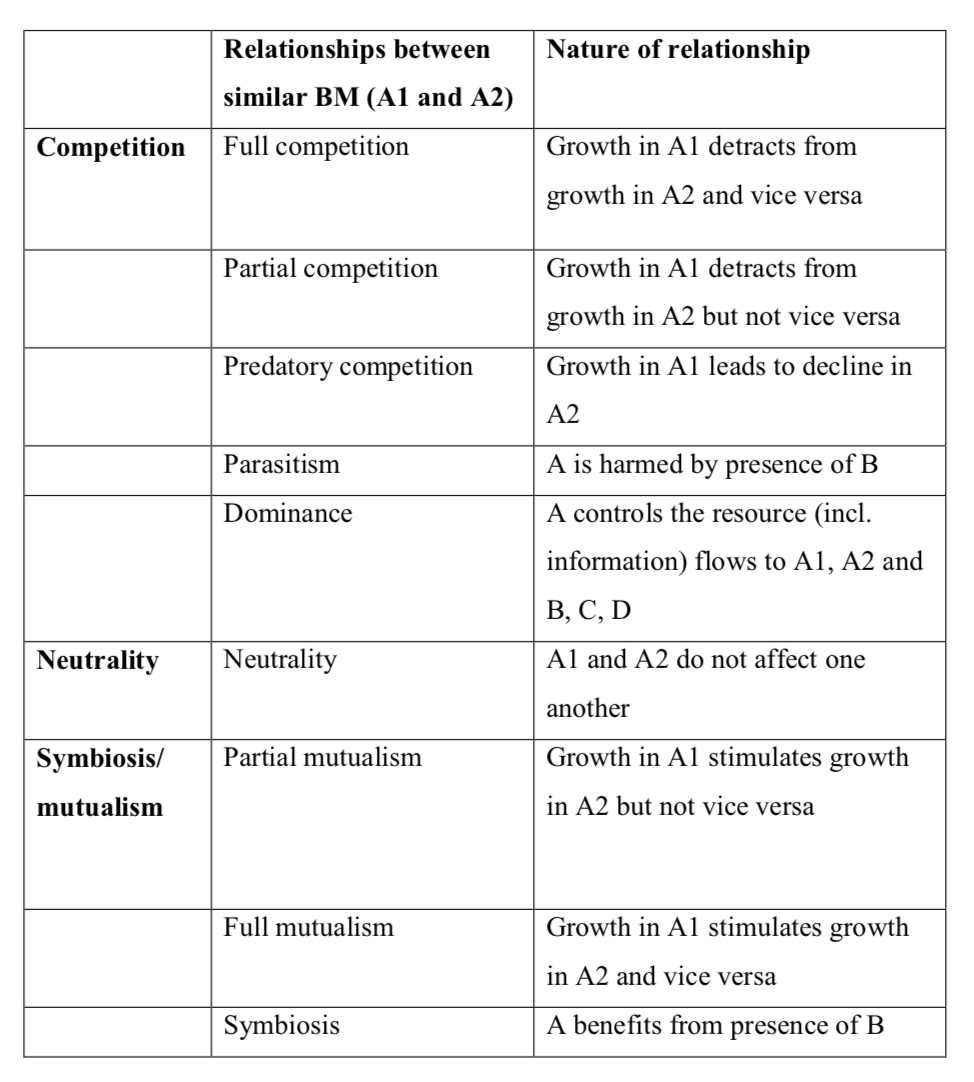Business Experimentation for Sustainability
Guest Editors:
Nancy Bocken a,b, Ilka Weissbrod c and Maria Antikainend
a The International Institute for Industrial Environmental Economics (IIIEE)Lund University, P O Box 196, SE-221 00 Lund, Sweden
bTU Delft Faculty of Industrial Design Engineering, Landbergstraat 15, 2628 CE Delft, Netherlands
c Centre for Sustainability Management, Leuphana University Lüneburg Universitätsallee 1, 21335 Lüneburg, Germany
d VTT Technical Research Centre of Finland Ltd Tampere, P.O. Box 1300, 33101
Background
This special issue in Journal of Cleaner Production explores ‘business experimentation for sustainability’ as an approach to accelerate sustainability transitions in business. It aims to create understanding on the concepts; methods, strategies and approaches; and ways of implementing business experimentation for sustainability.
Natural resource and climate challenges are becoming increasingly urgent and businesses need to adapt their way of generating social, environmental and economic value (Epstein, 2018). Experiments can produce learning about pressing sustainability challenges and aim to generate evidence-based actionable knowledge (Caniglia et al., 2018). The purpose of business experimentation for sustainability (BES) is to learn about aspects of novel products, services and ways of sustainable value generation with limited risks and resources (Antikainen et al., 2017; Bocken et al., 2018; Weissbrod and Bocken, 2017).
Experimentation is common in the natural sciences, where these often take place in a controlled environment. In contrast, businesses need to respond to direct financial pressures and attend to the current customer base which hinders the potential to control experiments (Weissbrod and Bocken, 2017). Challenges to control experiments in the sustainability context lead to uncertainty of outcomes (Caniglia et al., 2017). At the same time, the governance of experiments becomes more important as controllability of experiments decreases (Hildén, 2017).
A deeper understanding of ‘business experimentation for sustainability’ is needed to understand how evidence-based actionable knowledge can be created, in order to solve urgent sustainability challenges.
Research is needed to understand the ‘business experimentation for sustainability’ concept; ways in which such experiments can be implemented; and how it can help accelerate sustainability transitions in business.
The purpose of this Journal of Cleaner Production special issue on ‘Business Experimentation for Sustainability’ is to start addressing this important gap in the sustainable business research.
Themes of focus
Tools, approaches and impact assessment
- How can BES simultaneously test business, customer and sustainability (people, profit, planet) viability?
- How can BES lead to solutions that create ‘strong’ as opposed to weak sustainability (e.g. absolute reductions in resource use and climate emissions)?
Business experimentation for sustainability across organisational contexts
- What are the links or differences between BES in large businesses and small startups?
- How may sustainable business model experimentation take place jointly with stakeholders; with resulting value distributed across stakeholders?
Best practices and case studies of Business Experimentation for Sustainability
- How do companies approach new customer proposition testing for sustainability using experimentation?
- What evidence exists on consumer behavior transformations resulting from conducting trials with new business models?
Policy implications for Business Experimentation for Sustainability
- What policies may encourage collaboration across different firms and industries?
- What might be the links or connections between business climate and resource governance experiments and BES at the level of the individual business?
The full list of potential research questions and call for papers on the Journal of Cleaner Production website can be found here.
This call for papers is also posted onto the sustainable business model group blog.
Schedule:
- Submission deadline 31 March 2019 (submissions are open from 1 October 2018). When submitting, please select the virtual special issue: “VSI: Business Experiment”
- Peer review, paper revision and final decisions: 31 August 2019
- Final publication: 30 September 2019
References
- ANTIKAINEN, M., AMINOFF, A., PALOHEIMO, H. & KETTUNEN, O. 2017. Designing circular business model experimentation – Case study. The proceedings of The ISPIM Innovation Forum, Toronto, Canada on 19-22 March 2017.
- BOCKEN, N. M. P., SCHUIT, C. S. C. & KRAAIJENHAGEN, C. 2018. Experimenting with a circular business model: Lessons from eight cases. Environmental Innovation and Societal Transitions (in press).
- CANIGLIA, G., SCHAPKE, N., LANG, D. J., ABSON, D. J., LUEDERITZ, C., WIEK, A., LAUBICHLER, M. D., GRALLA, F. & VON WEHRDEN, H. 2017. Experiments and evidence in sustainability science: A typology. Journal of Cleaner Production, 169, 39-47.
- EPSTEIN, M. J. 2018. Making sustainability work: Best practices in managing and measuring corporate social, environmental and economic impacts. Routledge.
- HILDÉN, M. J., ANDREW HUITEMA, DAVE 2017. Special issue on experimentation for climate change solutions editorial: The search for climate change and sustainability solutions – The promise and the pitfalls of experimentation. Journal of Cleaner Production, 169, 1-7.
- WEISSBROD, I. & BOCKEN, N. M. P. 2017. Developing sustainable business experimentation capability – A case study. Journal of Cleaner Production, 142, 2663-2676.

